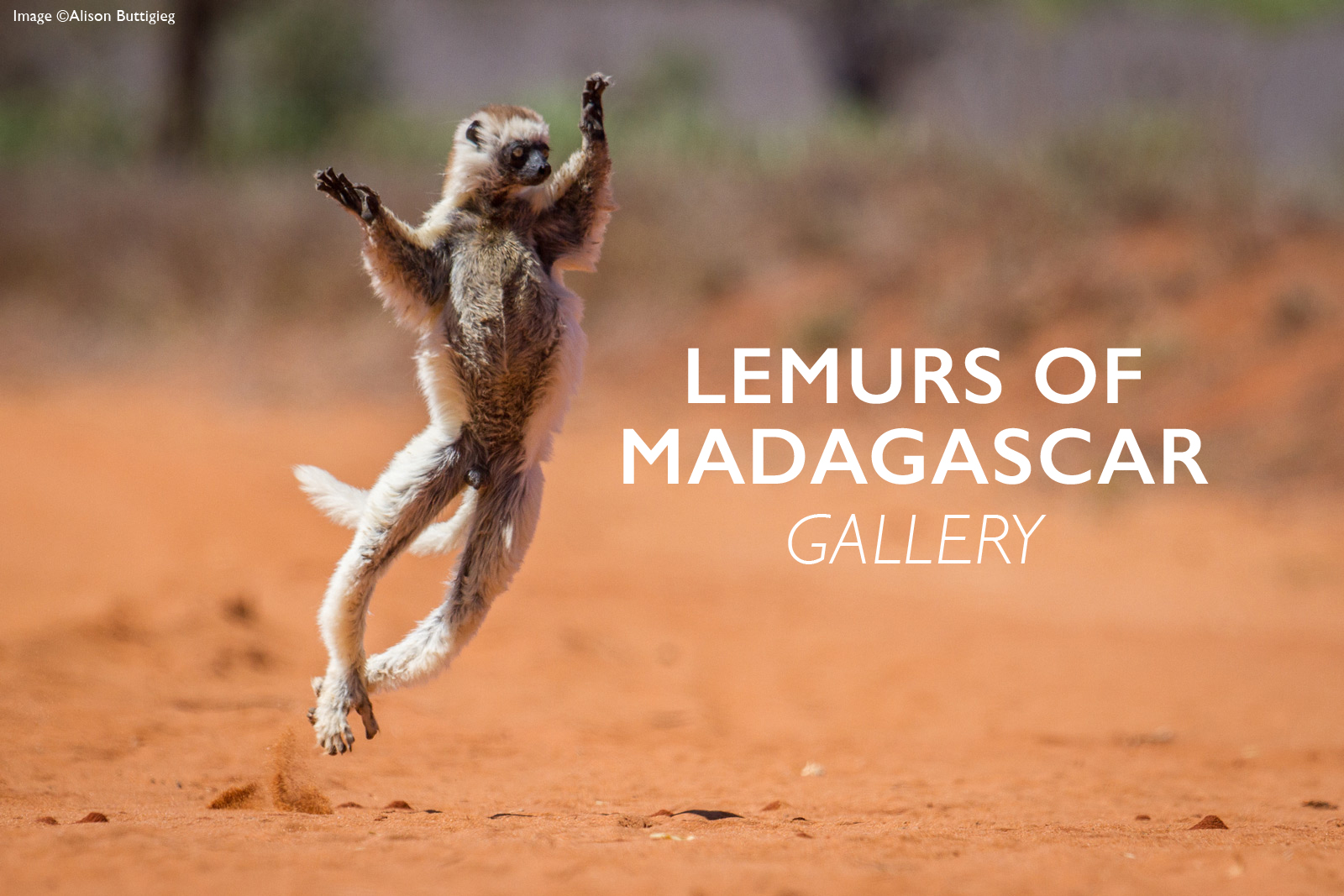
Lemurs of Madagascar

For the last 88 million years, life on Madagascar has been on its own – creating an island of evolutionary oddities and diverse safari travel experiences. Sometimes referred to as a “Noah’s Ark” or the “eighth continent” due to its geographic isolation and high levels of endemism, the island is home to over 110 species of lemurs.
In this gallery, we celebrate some of these lemurs:
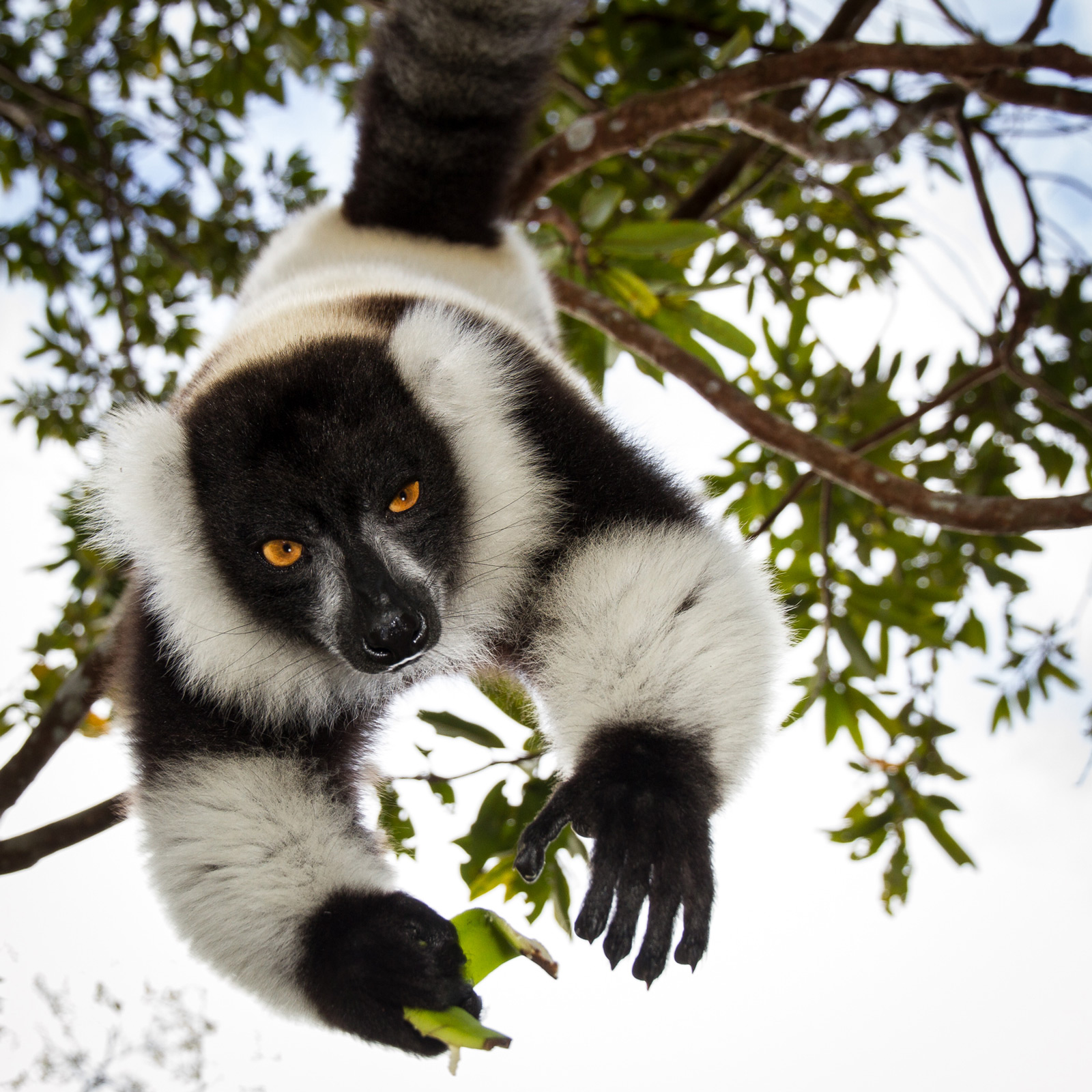
Black and white ruffed lemur ©Alison Buttigieg
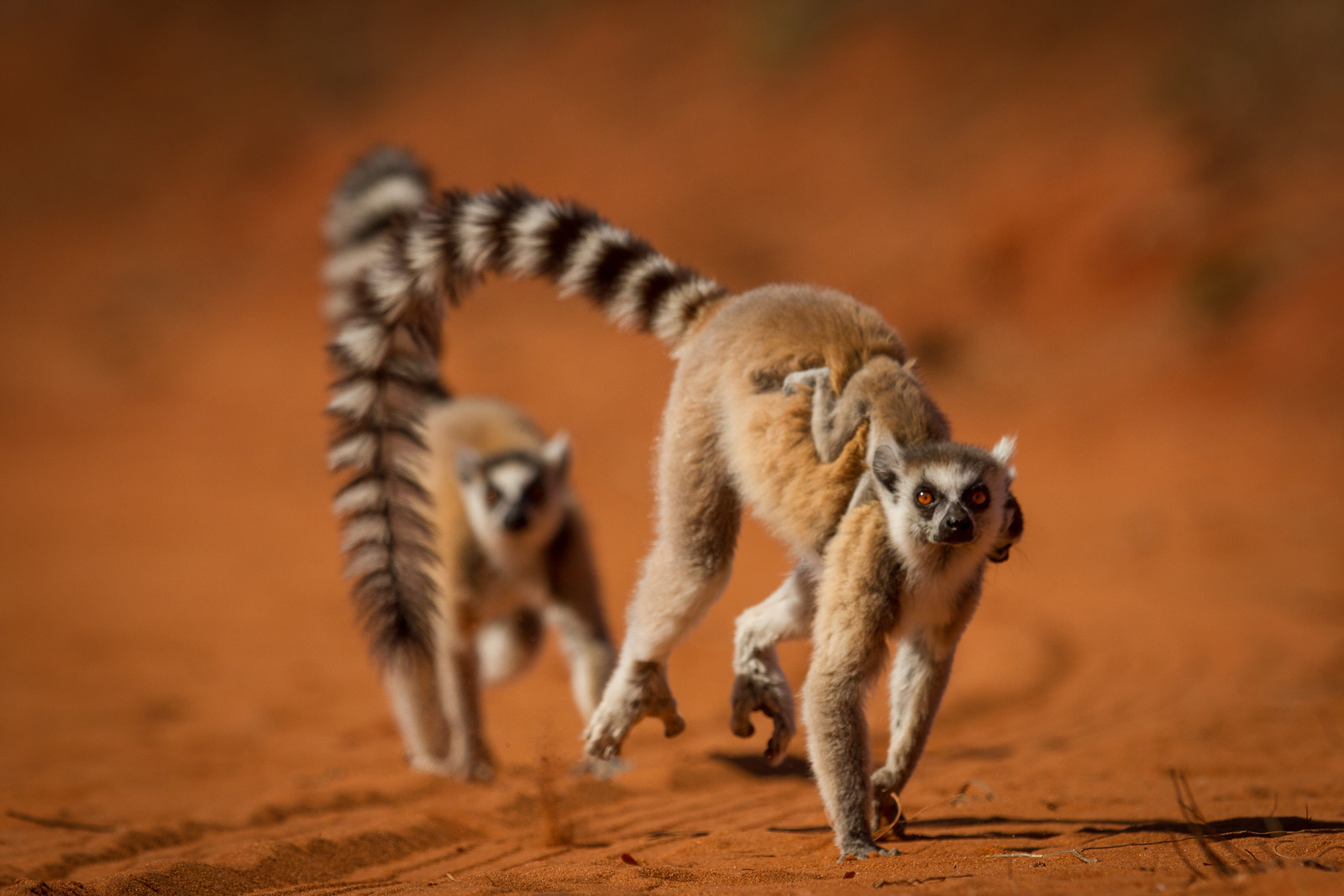
Ring-tailed lemur ©Alison Buttigieg
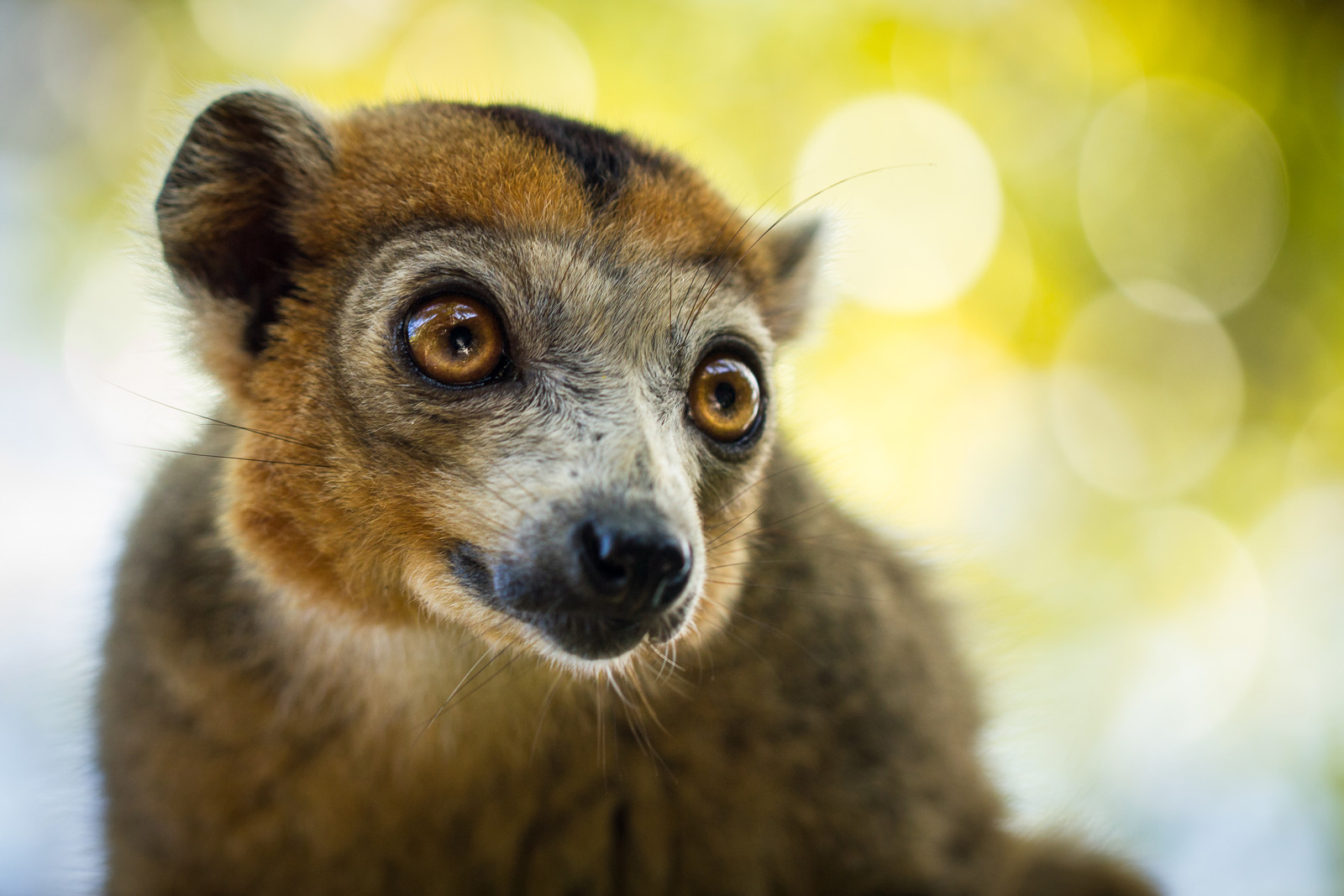
Crowned lemur ©Alison Buttigieg
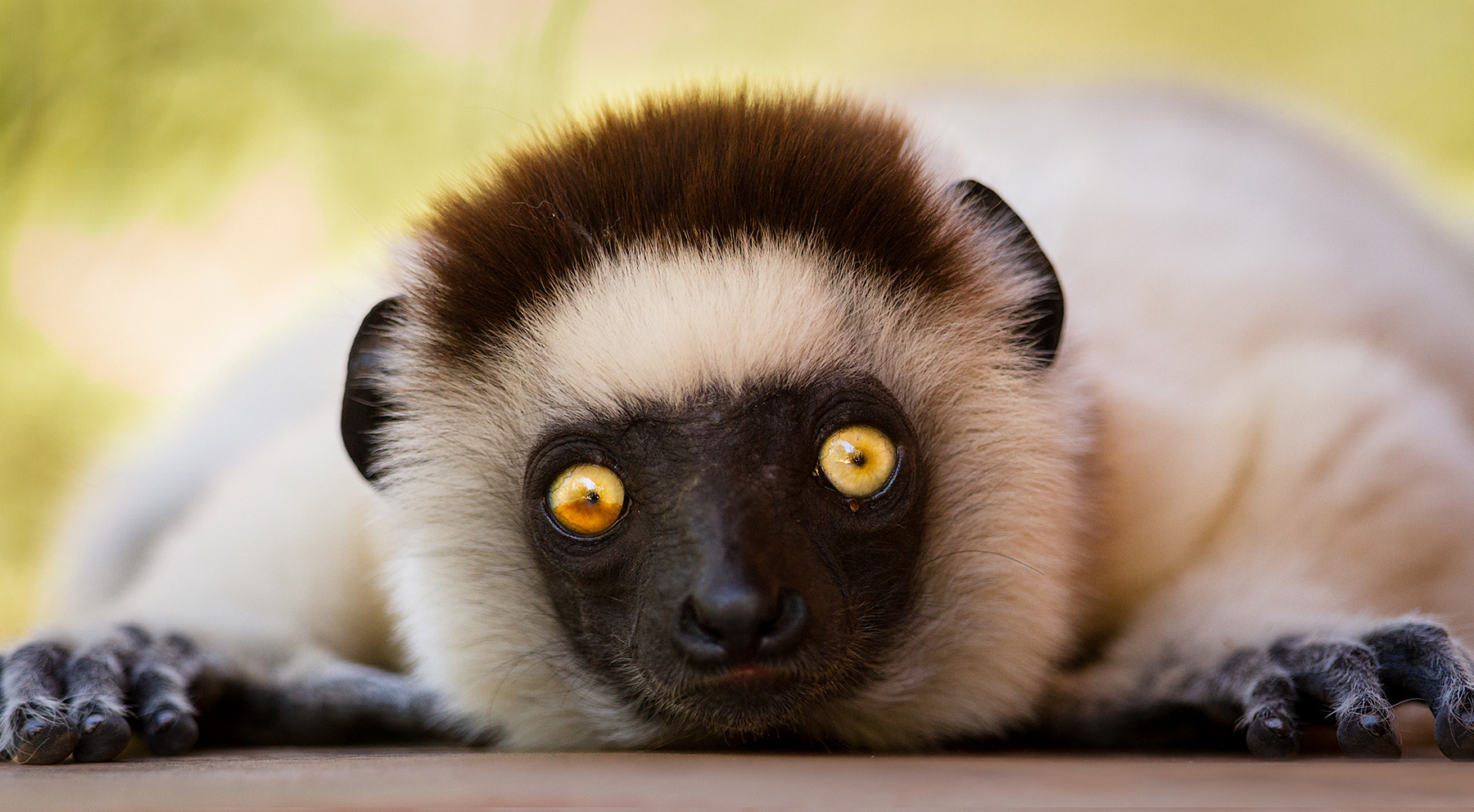
Verreaux’s sifaka ©Alison Buttigieg
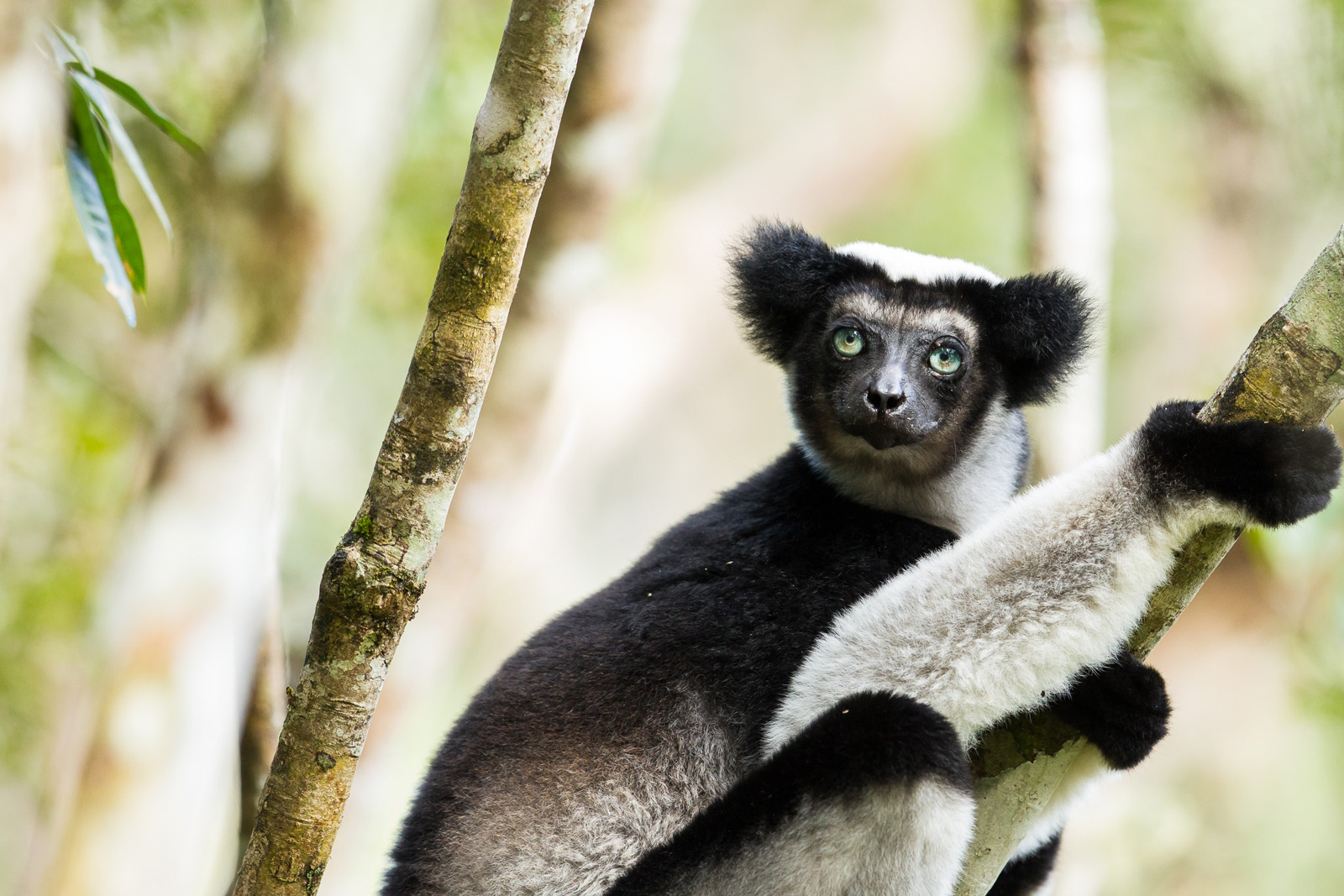
Indri lemur ©Alison Buttigieg
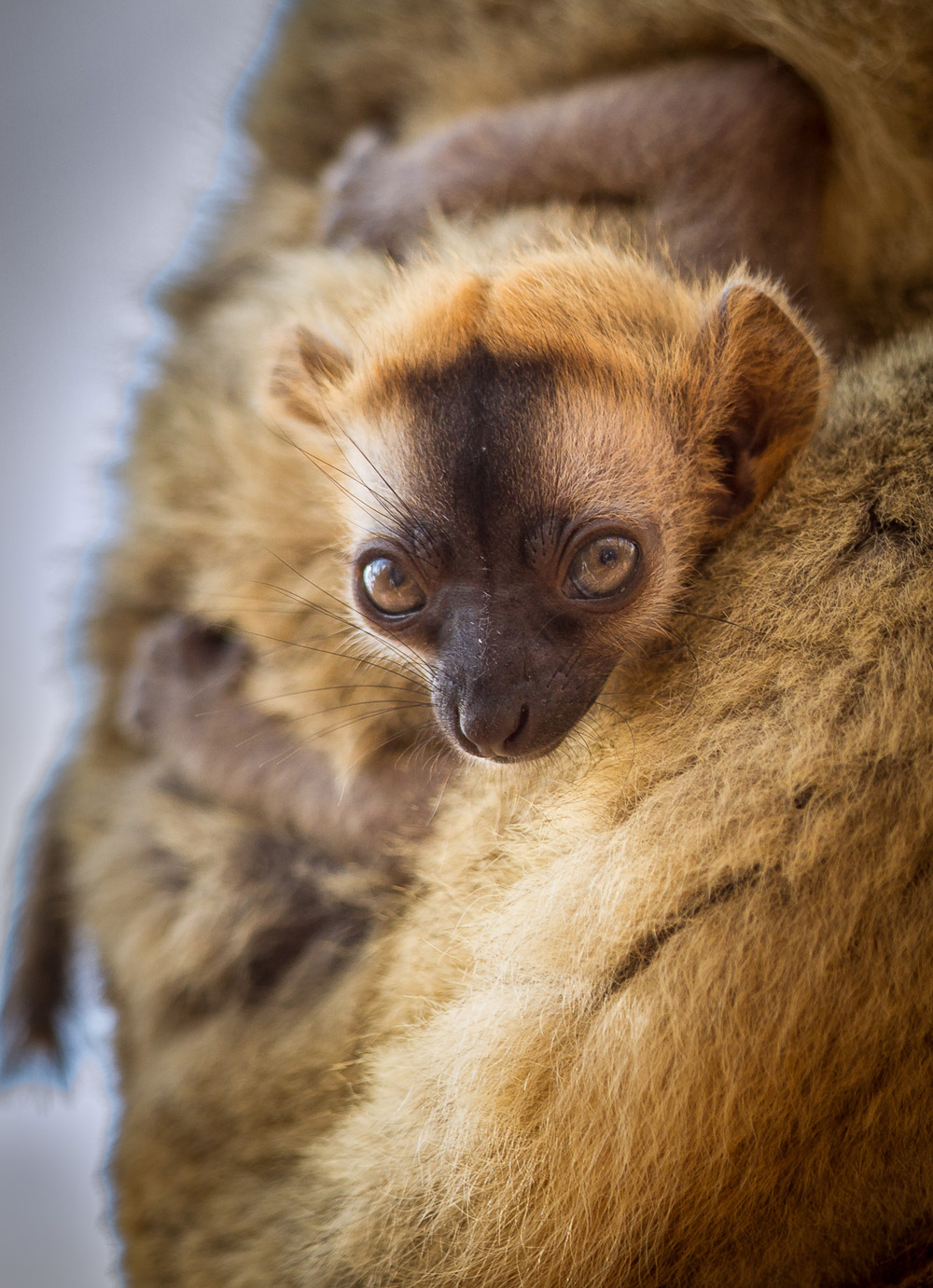
Red-fronted brown lemur ©Alison-Buttigieg
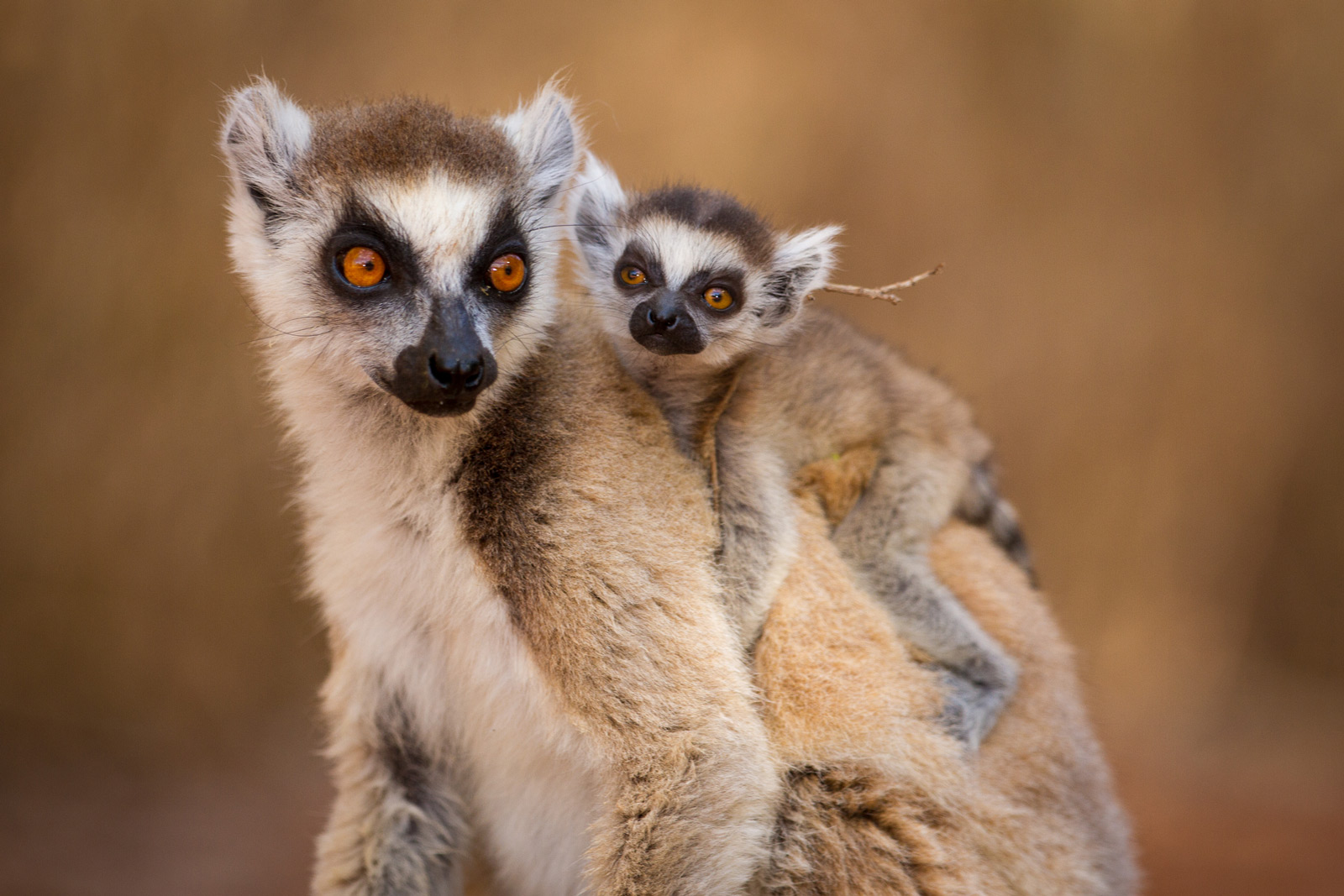
Ring-tailed lemur mother and baby ©Alison Buttigieg
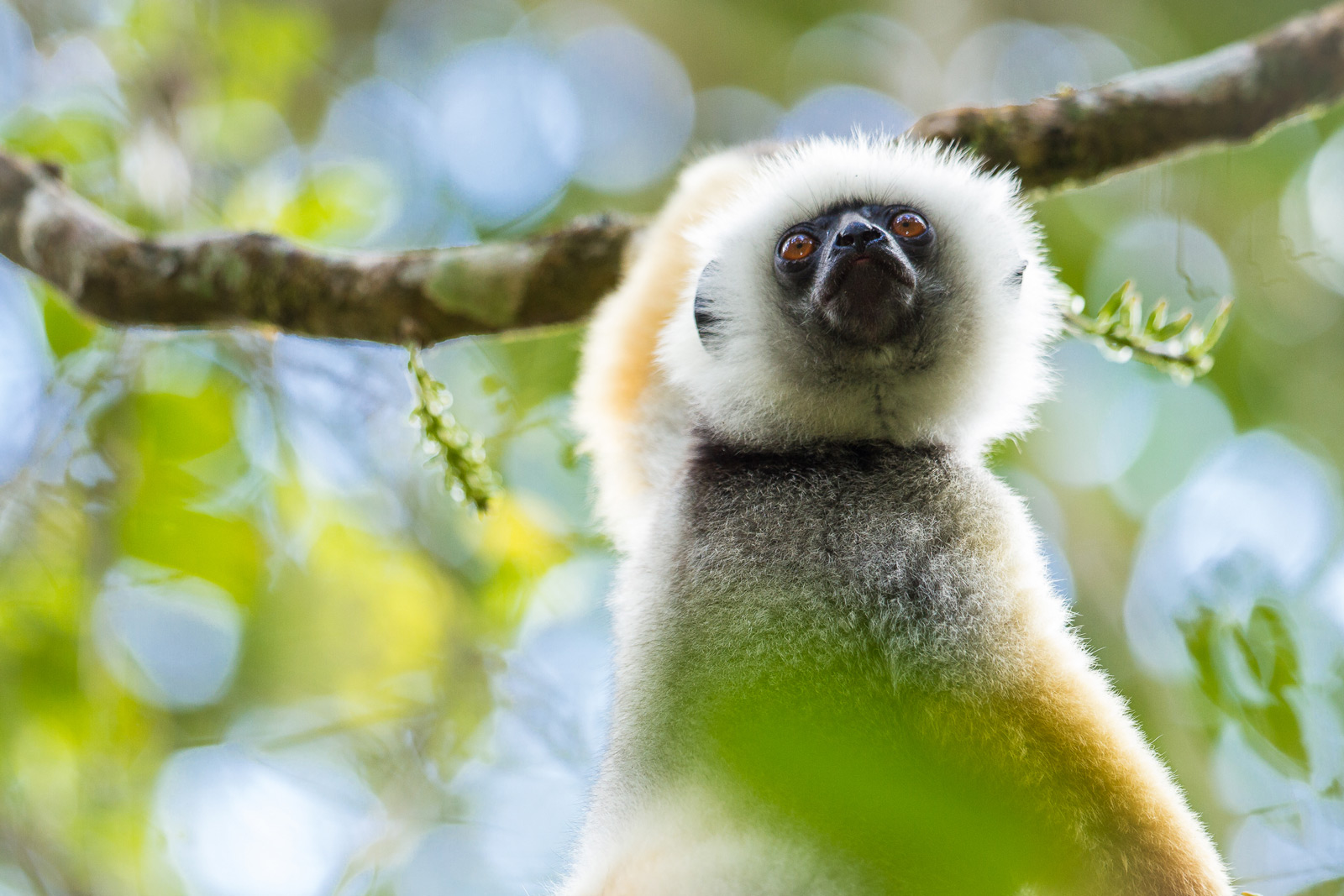
Diademed sifaka ©Alison Buttigieg
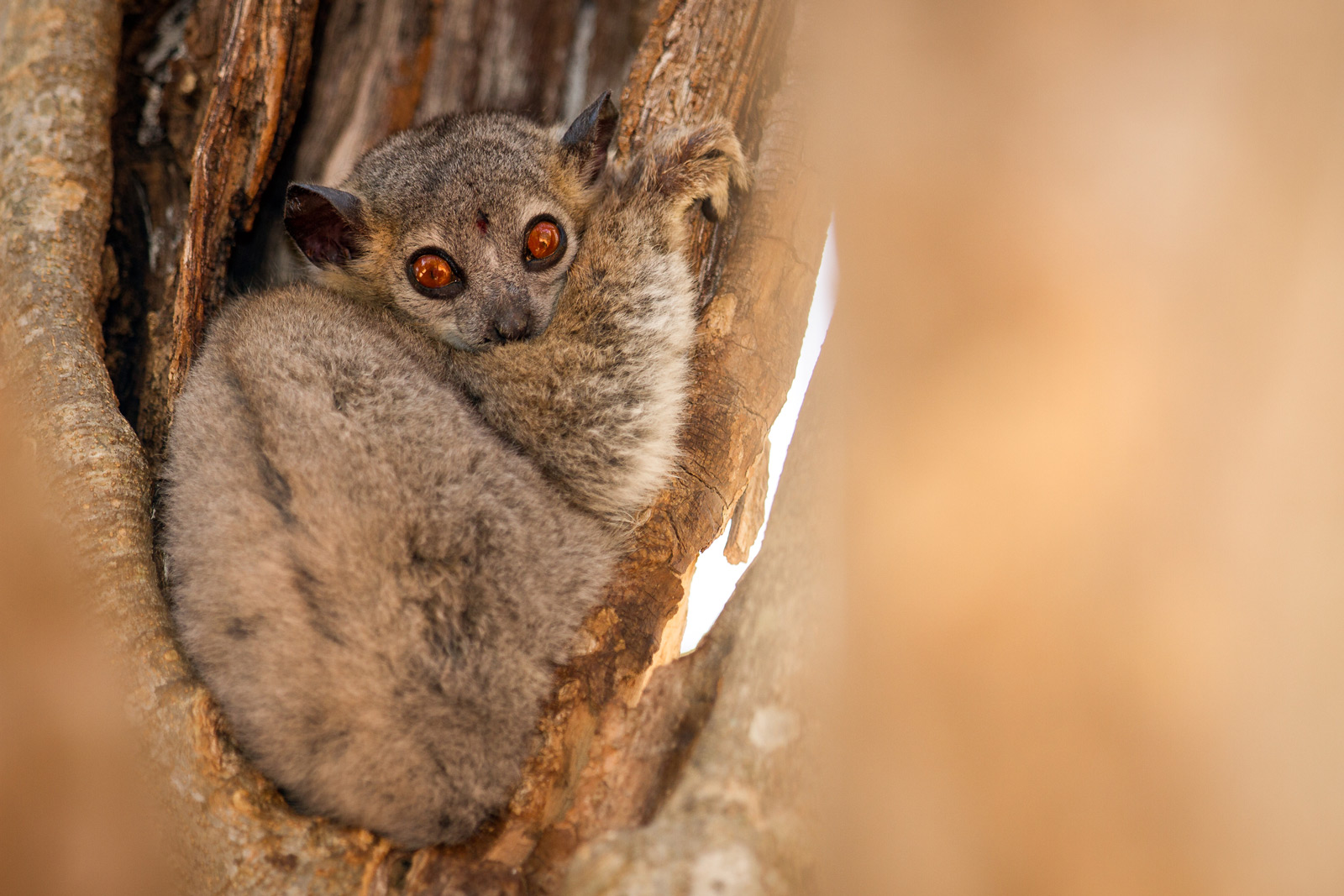
White-footed sportive lemur ©Alison Buttigieg
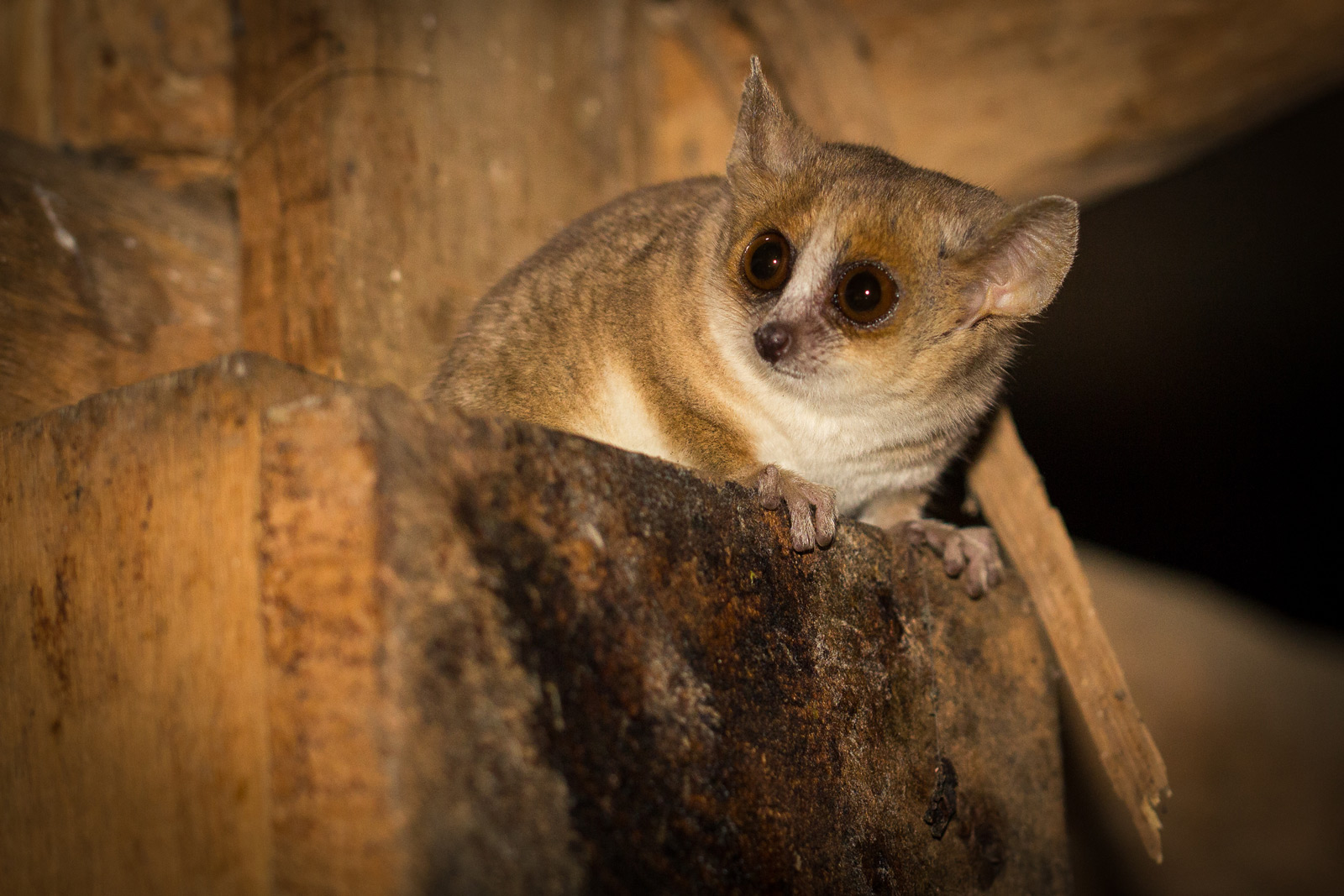
Grey mouse lemur ©Alison Buttigieg
More about lemurs
The IUCN currently recognises 107 species of lemurs, but their classification is an ongoing process that incorporates new knowledge and research on a regular basis. The lemurs of Madagascar have evolved with the island, influencing the plant life, and filling every available niche to for an astoundingly diverse superfamily of multitudinous shapes and sizes.
Unravelling the history of Madagascar’s animal inhabitants has proven challenging for scientists because, despite numerous dinosaur fossils, there is almost no record from around 66 million years ago to about 26,000 years ago. However, based on complex genetic studies, researchers believe that, rather than being present when Madagascar broke away, the ancestors of modern lemurs arrived sometime after Madagascar achieved geographic isolation, probably between 50 and 60 million years ago. Since then, the family has evolved into a wide variety of diverse primates whose closest relatives are bushbabies (galagos), lorises and pottos. Read more about lemurs here.
More about Madagascar
 Find out about your next African safari – what, where and when. Also, find a ready-made safari or ask us to build one just for you.
Find out about your next African safari – what, where and when. Also, find a ready-made safari or ask us to build one just for you.
About the photographer
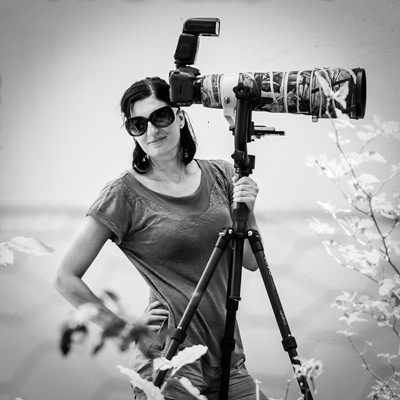
ALISON BUTTIGIEG is a Maltese IT Consultant and self-taught Wildlife Photographer. She loves spending time in the wilderness – especially if it happens to be in Africa – photographing the wild animals inhabiting the wilderness areas. I
For more of Alison’s images, go to www.alisonbuttigieg.com
Alison’s Facebook Page: www.facebook.com/AlisonButtigiegPhotography
To comment on this story: Login (or sign up) to our app here - it's a troll-free safe place 🙂.![]()




